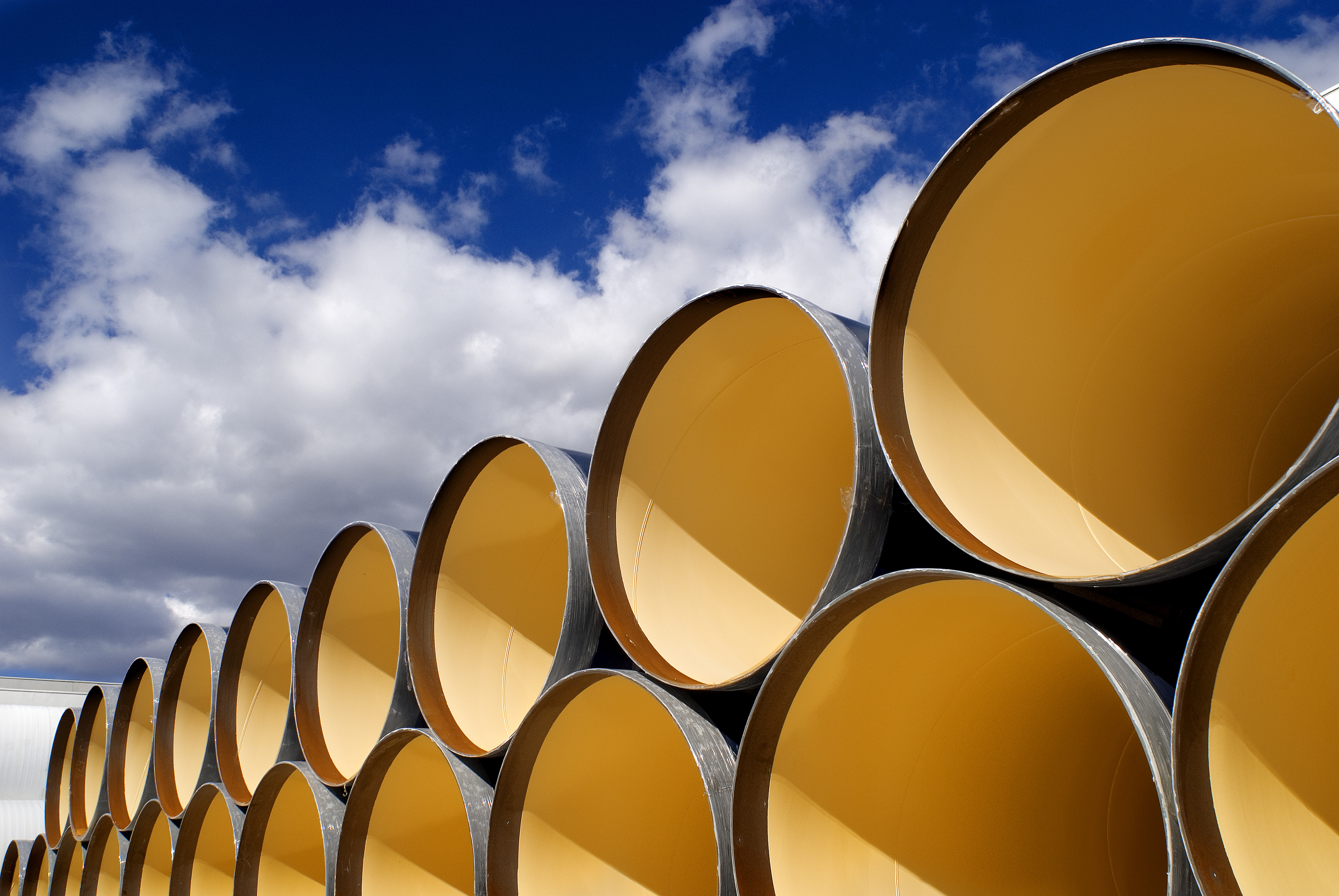Uganda Gives Environmental Consent to $3.5B Oil Pipeline
KAMPALA (Reuters) - Uganda has granted environmental approval for a $3.5 billion pipeline to export crude oil from western fields to the Indian Ocean coast in Tanzania, despite pressure from lobby groups.

The planned pipeline, from fields co-owned by France's Total and China's CNOOC, would cross sensitive ecological systems including wildlife-rich areas, rivers and swampland that are catchments for Lake Victoria.
The 1,445 km (900 mile) pipeline, which will run to Tanga port in Tanzania, is key to landlocked Uganda's start of commercial oil production.
Uganda discovered oil in the Albertine rift basin in 2006 but production has been repeatedly snagged by disagreements with foreign oil companies over taxes and development strategy.
State geologists estimate reserves at 6 billion barrels.
President Yoweri Museveni's government has indicated production will start at the earliest in 2022.
As Tanzania had already given its approval, the Ugandan stamp means the project now has environmental impact certification for its entire length.
In a statement, Uganda's state-run National Environment Management Authority (NEMA) said it had issued a certificate of approval for the environmental and social impact assessment report submitted by Total.
Dickens Kamugisha, head of the Kampala-based Africa Institute for Energy Governance, said there was insufficient public consultation and his advocacy group would challenge NEMA's ruling in court.
NEMA's executive director Tom Okurut said the environmental authority would keenly monitor construction to ensure the health and safety of the communities, workers and environment.
Related News
Related News

- Keystone Oil Pipeline Resumes Operations After Temporary Shutdown
- Biden Administration Buys Oil for Emergency Reserve Above Target Price
- Freeport LNG Plant Runs Near Zero Consumption for Fifth Day
- Enbridge to Invest $500 Million in Pipeline Assets, Including Expansion of 850-Mile Gray Oak Pipeline
- Mexico Seizes Air Liquide's Hydrogen Plant at Pemex Refinery
- Evacuation Technologies to Reduce Methane Releases During Pigging
- Editor’s Notebook: Nord Stream’s $20 Billion Question
- Enbridge Receives Approval to Begin Service on Louisiana Venice Gas Pipeline Project
- Mexico Seizes Air Liquide's Hydrogen Plant at Pemex Refinery
- Russian LNG Unfazed By U.S. Sanctions




Comments